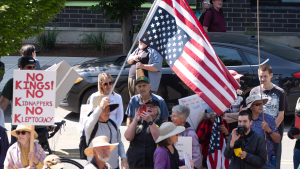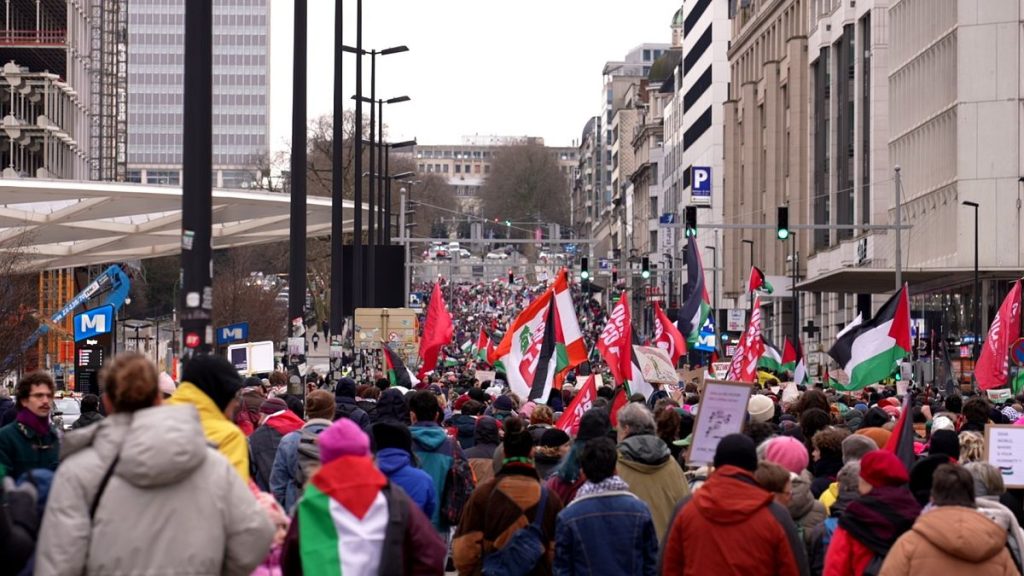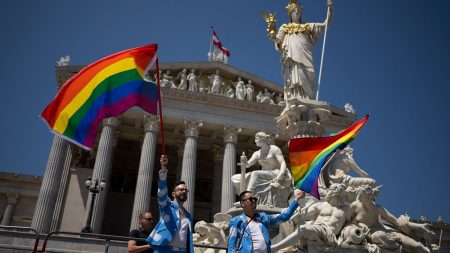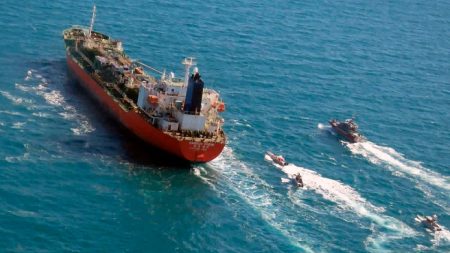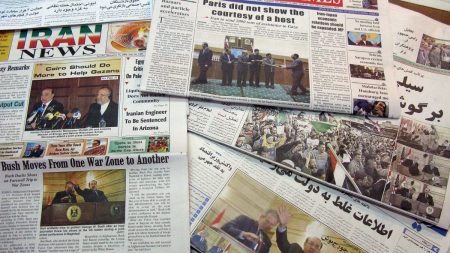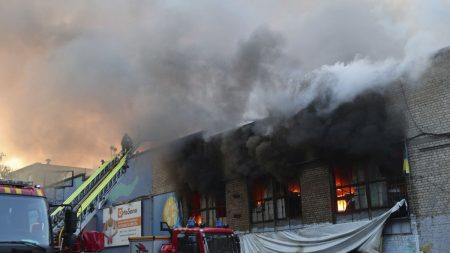Paragraph 1: Thousands of demonstrators marched through Brussels on Sunday, demanding a permanent ceasefire in Gaza and urging the Belgian government and the European Union to impose sanctions on Israel. The protest, organized by a coalition of Belgian NGOs including Amnesty International and Pax Christi, drew an estimated 7,000 participants who voiced their solidarity with the Palestinian people. Key demands included protection for Palestinian civilians, the release of political prisoners, and unimpeded access to international aid for those grappling with the humanitarian crisis in Gaza.
Paragraph 2: The demonstrators carried placards bearing the names of Palestinian casualties, a poignant reminder of the devastating human cost of the conflict. Local health authorities report over 46,000 Palestinian deaths, predominantly civilian, during the fifteen-month war. The conflict also displaced nearly 1.9 million people out of Gaza’s 2.2 million population. While acknowledging the recent ceasefire as a positive step, protesters stressed that it does not guarantee a lasting peace and urged the EU to take decisive action to address the root causes of the conflict.
Paragraph 3: Amnesty International Belgium’s director, Wies de Graeve, welcomed the ceasefire but emphasized the precarious living conditions persisting in Gaza. He called for a comprehensive arms embargo against Israel and urged both Belgium and the EU to support the International Criminal Court’s investigation into the conflict. De Graeve argued that a lasting solution requires addressing the underlying issues of occupation and what he termed the “apartheid system” imposed on Palestinians. He stressed the need to prioritize the human rights of all people in the region.
Paragraph 4: The war has severely hampered Gaza’s development, setting it back decades according to a UN-backed report. While the UN Development Programme believes recovery is possible within the next decade, it requires a comprehensive plan incorporating both humanitarian aid and strategic investments in reconstruction. Meanwhile, tensions remain high as Israel has prevented thousands of Palestinians from returning to their homes in northern Gaza, accusing Hamas of violating the ceasefire. Clashes have further erupted, resulting in additional casualties. Israel maintains its actions are necessary to combat Hamas and are targeted at the militant group, not civilians.
Paragraph 5: Concurrent with the ceasefire in Gaza, violence has escalated in the West Bank. Israeli forces launched a major operation in Jenin, which the city’s mayor described as the most severe in recent months. Suspected Israeli settlers have also attacked Palestinian towns, and Israeli airstrikes have claimed more lives. Palestinians view these actions, along with the expansion of Israeli settlements, as attempts to solidify Israeli control over the West Bank. The UN agency for Palestinian refugees (UNRWA) warned of dire consequences if Israel follows through on its threat to close the agency’s East Jerusalem headquarters, which provides vital services to tens of thousands of Palestinians.
Paragraph 6: Newly inaugurated US President Donald Trump’s policies have further complicated the situation. He has rescinded sanctions imposed by the previous administration on Israelis accused of violence against Palestinians. Trump also suggested that Egypt and Jordan absorb the Palestinian population from Gaza, a proposal met with strong rejection from both countries and Palestinian officials. This suggestion, coupled with Israel’s ongoing actions in the West Bank and the volatile political climate, has created a precarious situation with significant implications for the future of the region. The displacement of Palestinians and the expansion of settlements continue to be major points of contention, fueling the cycle of violence and hindering efforts to achieve a lasting peace.

